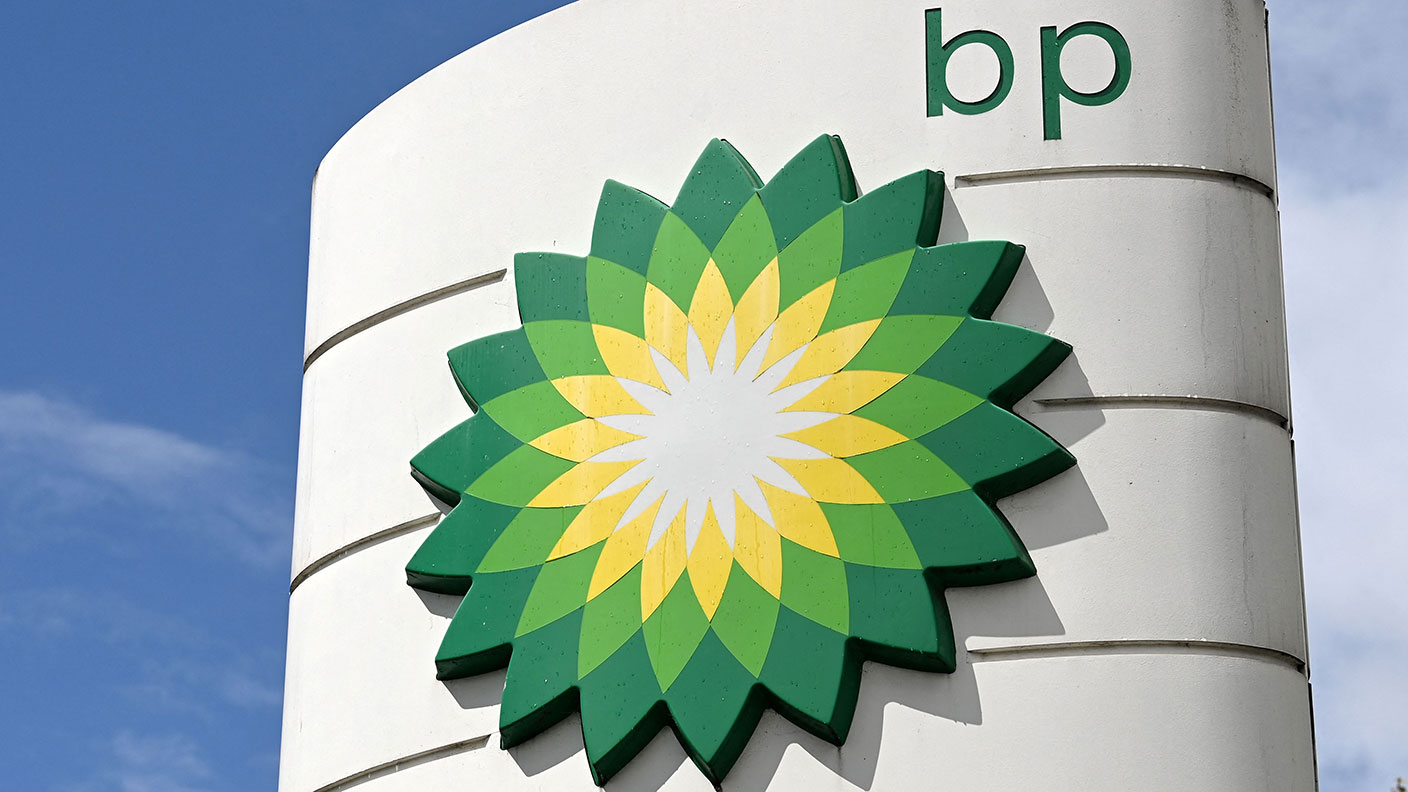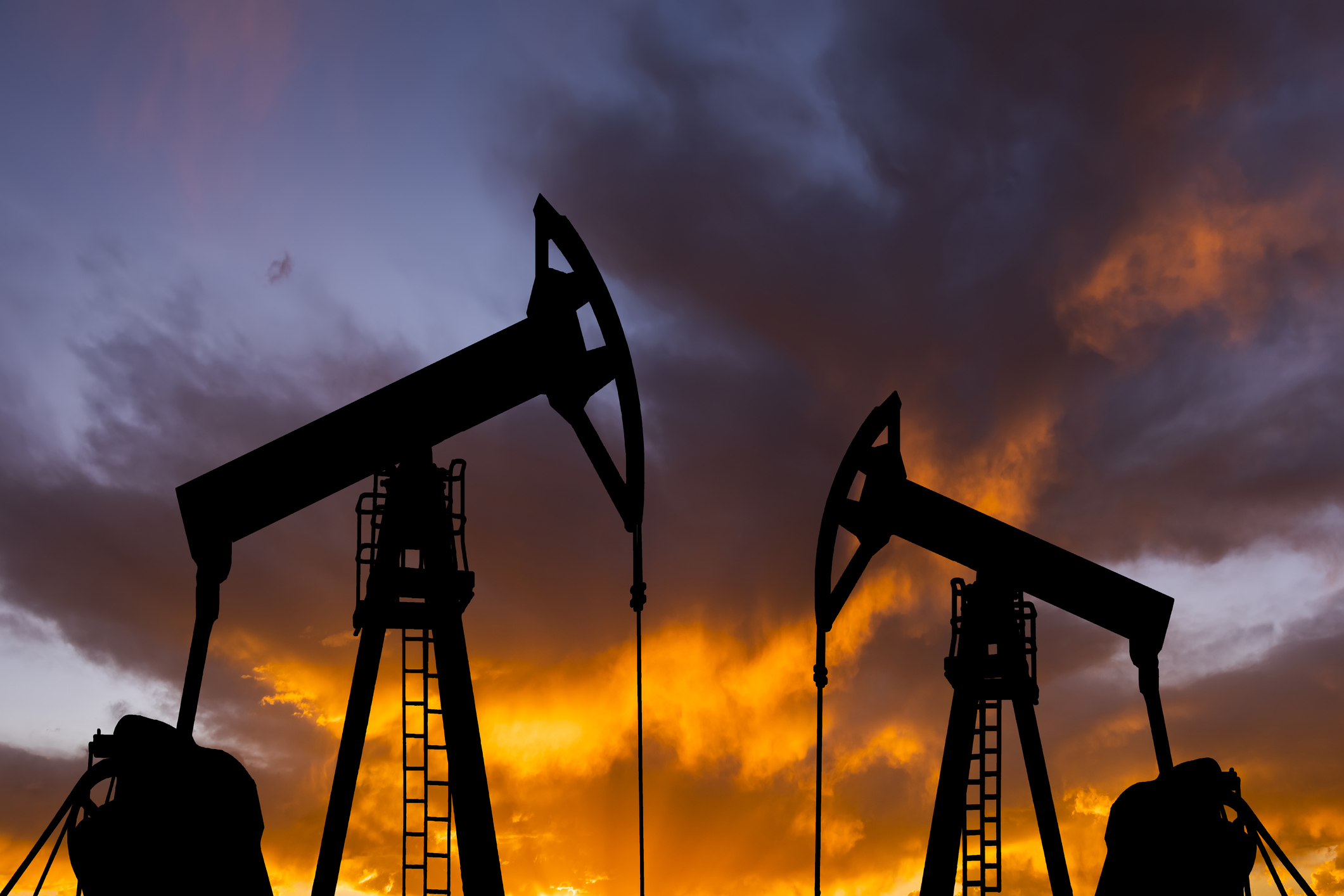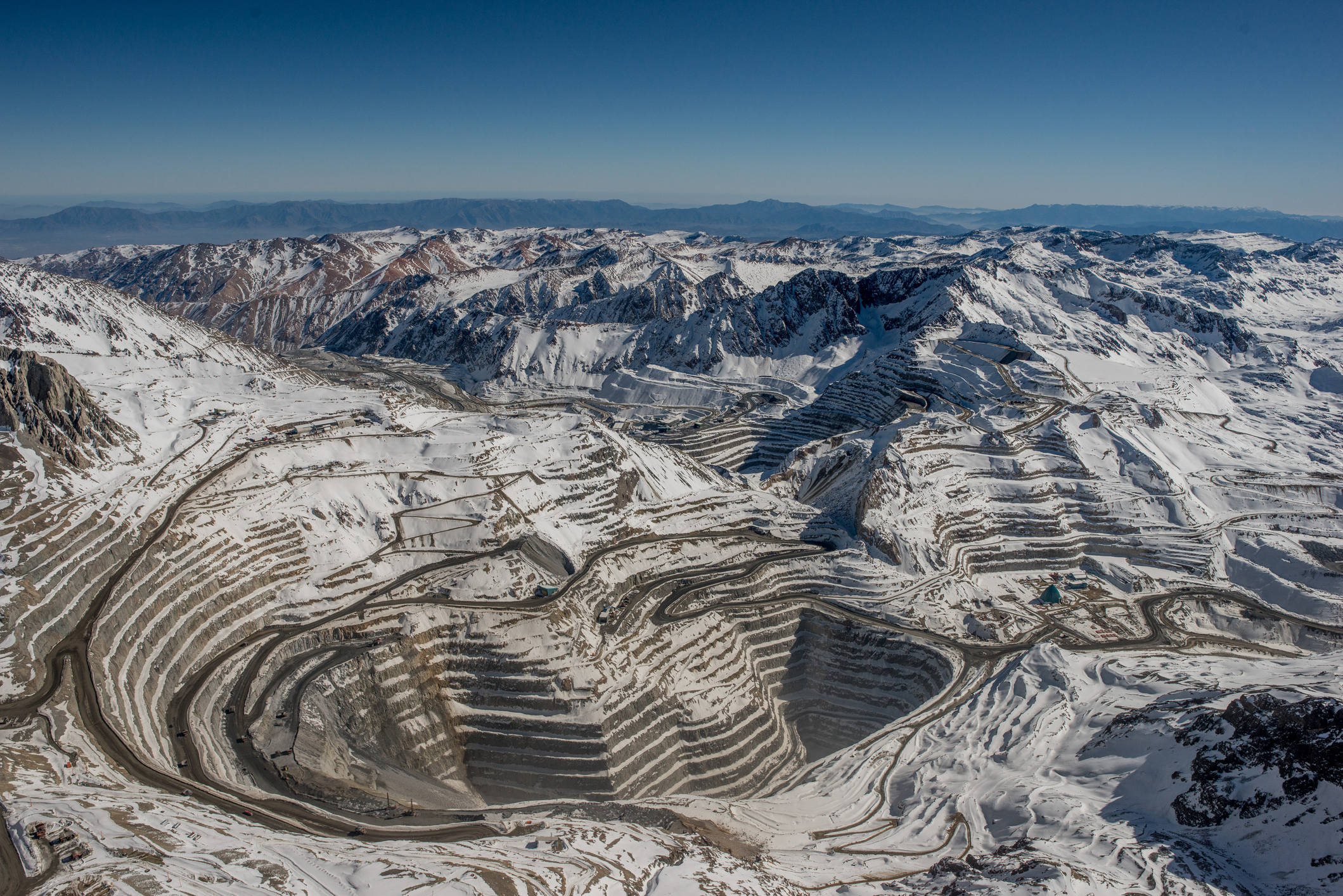As oil prices surge, should you buy BP shares?
The imbalance between supply and demand has sent the oil price surging, bringing bumper profits to oil giant BP. Rupert Hargreaves looks at the numbers and asks if BP shares deserve a place in your portfolio.


Get the latest financial news, insights and expert analysis from our award-winning MoneyWeek team, to help you understand what really matters when it comes to your finances.
You are now subscribed
Your newsletter sign-up was successful
Want to add more newsletters?

Twice daily
MoneyWeek
Get the latest financial news, insights and expert analysis from our award-winning MoneyWeek team, to help you understand what really matters when it comes to your finances.

Four times a week
Look After My Bills
Sign up to our free money-saving newsletter, filled with the latest news and expert advice to help you find the best tips and deals for managing your bills. Start saving today!
In early October 2020, shares in BP (LSE: BP) fell to a multi-decade low as investors rushed to dump their holdings of the oil and gas giant, questioning its very survival.
Today the firm’s outlook could not be more different. A mismatch between supply and demand was already causing prices to rise at the beginning of the year, before the war in Ukraine added fuel to the fire.
What followed has to be one of the biggest ever U-turns in global energy policy. Only a couple of months ago, policymakers were setting out plans to reduce global hydrocarbon production for good, but now they’re rushing to drive up supply.
MoneyWeek
Subscribe to MoneyWeek today and get your first six magazine issues absolutely FREE

Sign up to Money Morning
Don't miss the latest investment and personal finances news, market analysis, plus money-saving tips with our free twice-daily newsletter
Don't miss the latest investment and personal finances news, market analysis, plus money-saving tips with our free twice-daily newsletter
The government recently approved Shell’s (LSE: SHEL) Jackdaw field, east of Aberdeen, which has the potential to produce 6.5% of Britain's gas output, after rejecting it on environmental grounds in October.
Unfortunately, it is going to take months if not years for supply to match the world’s seemingly insatiable demand for hydrocarbons. Even major swing producers – namely the Opec cartel – are struggling to ramp up output despite higher production targets.
The supply and demand imbalance has sent prices surging
Global oil and gas markets have responded the only way free markets know how when demand outweighs supply – prices have spiked.
The Brent crude oil benchmark has jumped to $120 a barrel, returning to levels not seen since 2008. Meanwhile, natural gas prices in the US are up by nearly 160% in the past 12 months (while in the UK and European markets prices have risen by 150% and 227% respectively – gas is not a global market). Some analysts are now speculating that oil prices could hit $180 or more in the months ahead.
In this environment it is not surprising that BP and its Big Oil peers are minting cash. BP announced bumper profits for the first quarter of 2022 while Shell’s quarterly income hit a record. Refinitiv broker projections for BP are currently estimating a 48% jump in income for 2022. Shell’s earnings look likely to more than double, from $1.72 per share to $4.80.
Rishi Sunak’s windfall tax on North Sea oil producers has done little to dampen City growth expectations. According to analysts at Citigroup, because of spending on decommissioning of aged-out infrastructure, these Big Oil producers are already “tax negative” in the UK. That said, analysts at Jefferies have estimated that the tax could cost BP $100m in 2022 and $800m in 2023, just 5% of total group net profit.
Investors should not overlook BP’s progress
BP is not the organisation it was the last time the price of Brent crude was above $100 a barrel. Its return on average capital employed (ROACE) – the company’s preferred measure of operating performance – hit 12.1% in 2021 compared to 9.9% eight years ago.
The company has also moved on from the 2010 Gulf of Mexico disaster, reduced its debt and outlined a plan to reduce its exposure to oil and gas by boosting renewable energy output.
Still, at face value, the stock does not seem to reflect the company’s improving trading performance. Shares in BP are selling at a forward price/earnings (p/e) ratio of 4.9 according to Refinitiv broker estimates. Shares in Shell command a valuation of just 5.8.
These multiples also do not seem to be taking into account these companies’ plans to return more cash to investors. BP currently yields 4.3% while Shell supports a distribution of 3.8%. It is also expected to spend $12bn repurchasing its own shares, according to analysts at RBC and Bernstein. This was the biggest cash return in the sector until American oil giant ExxonMobil (NYSE: XOM) outlined plans to buy back a staggering $30bn worth of stock.
They’re making money today, but investors shouldn’t forget the fact that these two businesses jointly announced some of the largest losses in British corporate history in 2020 after the price of oil briefly turned negative. And these hefty losses forced both companies to reduce their shareholder payouts, underlining the fragile nature of oil company dividends.
A constant struggle to maintain output and maintain profits
Oil and gas producers face a constant struggle to maintain production. An oil well requires continual investment to maintain production, and sooner or later, the well will run dry. BP and its peers are always looking for new prospects and this costs huge amounts of money.
According to equity analysts at Bernstein, BP has spent about $87bn on oil and gas and green projects since 2016. That’s compared to operating cash flows over the same period of $113bn. Without the surge in oil prices last year, the group would have struggled to cover its capital spending plans.
These figures illustrate the biggest issue these operators face: the need to keep investing and keep spending even if oil prices collapse.
BP and its peers are also having to invest large sums of money in developing green energy projects. These projects are not going to produce returns immediately, and could prove to be a drag on profits for years to come, only adding to the uncertainty for these enterprises.
As such, while shares in Shell and BP do look cheap at first glance, investors need to carefully consider where these businesses are heading and the challenges they may face going forward. Windfall oil profits may only be temporary, while capital spending obligations are forever. Investors need to consider the risks of both before adding these stocks to their portfolio.
SEE ALSO
• BP’s profits surge, but the company’s growth is far from guaranteed
• Is the oil market heading for a supply glut?
Get the latest financial news, insights and expert analysis from our award-winning MoneyWeek team, to help you understand what really matters when it comes to your finances.

Rupert is the former deputy digital editor of MoneyWeek. He's an active investor and has always been fascinated by the world of business and investing. His style has been heavily influenced by US investors Warren Buffett and Philip Carret. He is always looking for high-quality growth opportunities trading at a reasonable price, preferring cash generative businesses with strong balance sheets over blue-sky growth stocks.
Rupert has written for many UK and international publications including the Motley Fool, Gurufocus and ValueWalk, aimed at a range of readers; from the first timers to experienced high-net-worth individuals. Rupert has also founded and managed several businesses, including the New York-based hedge fund newsletter, Hidden Value Stocks. He has written over 20 ebooks and appeared as an expert commentator on the BBC World Service.
-
 Can mining stocks deliver golden gains?
Can mining stocks deliver golden gains?With gold and silver prices having outperformed the stock markets last year, mining stocks can be an effective, if volatile, means of gaining exposure
-
 8 ways the ‘sandwich generation’ can protect wealth
8 ways the ‘sandwich generation’ can protect wealthPeople squeezed between caring for ageing parents and adult children or younger grandchildren – known as the ‘sandwich generation’ – are at risk of neglecting their own financial planning. Here’s how to protect yourself and your loved ones’ wealth.
-
 Is the market missing the opportunity in energy?
Is the market missing the opportunity in energy? -
 Halifax: House price slump continues as prices slide for the sixth consecutive month
Halifax: House price slump continues as prices slide for the sixth consecutive monthUK house prices fell again in September as buyers returned, but the slowdown was not as fast as anticipated, latest Halifax data shows. Where are house prices falling the most?
-
 Rents hit a record high - but is the opportunity for buy-to-let investors still strong?
Rents hit a record high - but is the opportunity for buy-to-let investors still strong?UK rent prices have hit a record high with the average hitting over £1,200 a month says Rightmove. Are there still opportunities in buy-to-let?
-
 Pension savers turn to gold investments
Pension savers turn to gold investmentsInvestors are racing to buy gold to protect their pensions from a stock market correction and high inflation, experts say
-
 6 stocks to buy to invest in Latin America
6 stocks to buy to invest in Latin AmericaThe region is the world’s one-stop shop, boasting the raw materials required for the energy transition and key foodstuffs to cater for growing populations, says James McKeigue. Here’s how to profit.
-
 Where to find the best returns from student accommodation
Where to find the best returns from student accommodationStudent accommodation can be a lucrative investment if you know where to look.
-
 The world’s best bargain stocks
The world’s best bargain stocksSearching for bargain stocks with Alec Cutler of the Orbis Global Balanced Fund, who tells Andrew Van Sickle which sectors are being overlooked.
-
 Revealed: the cheapest cities to own a home in Britain
Revealed: the cheapest cities to own a home in BritainNew research reveals the cheapest cities to own a home, taking account of mortgage payments, utility bills and council tax